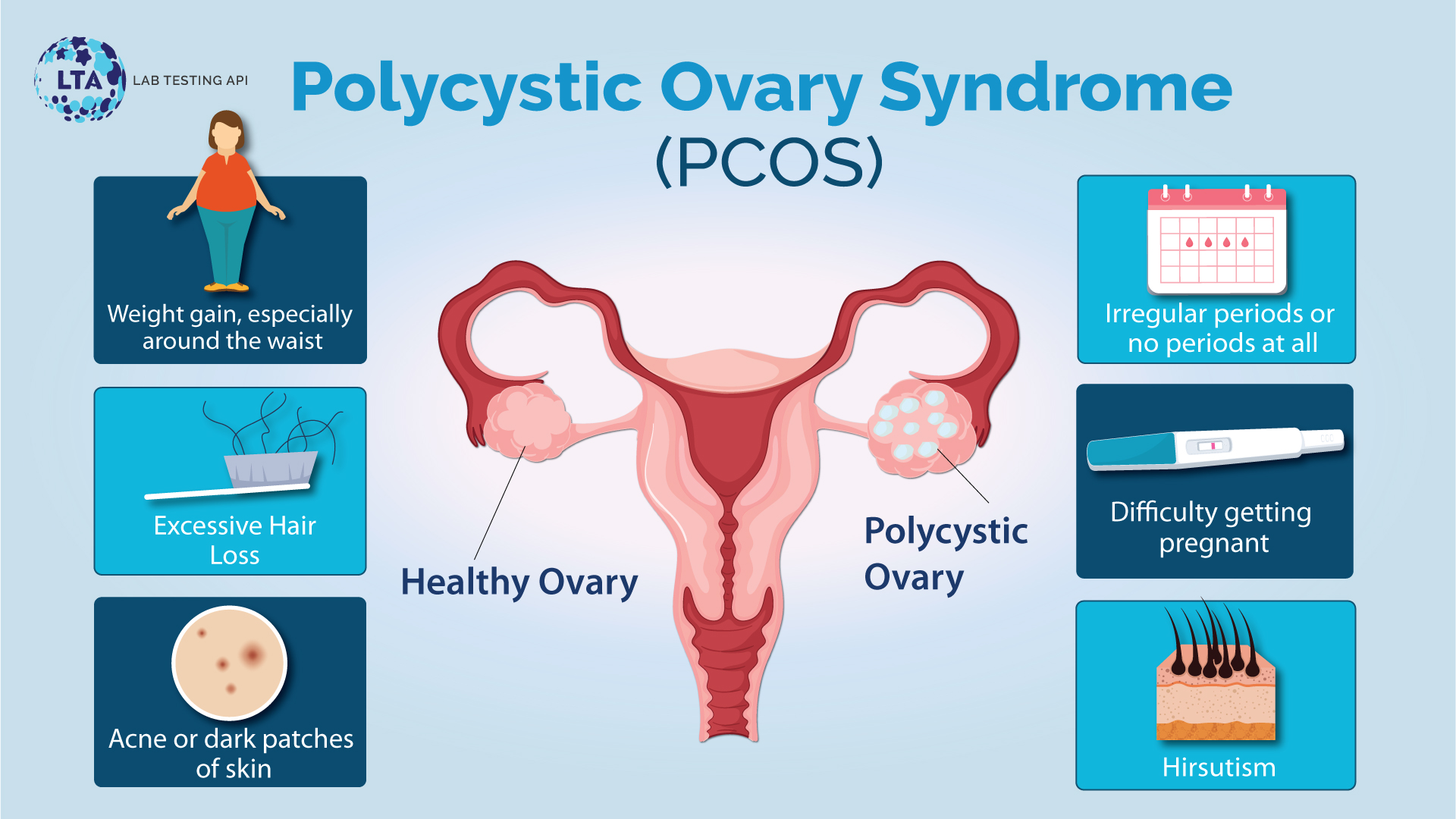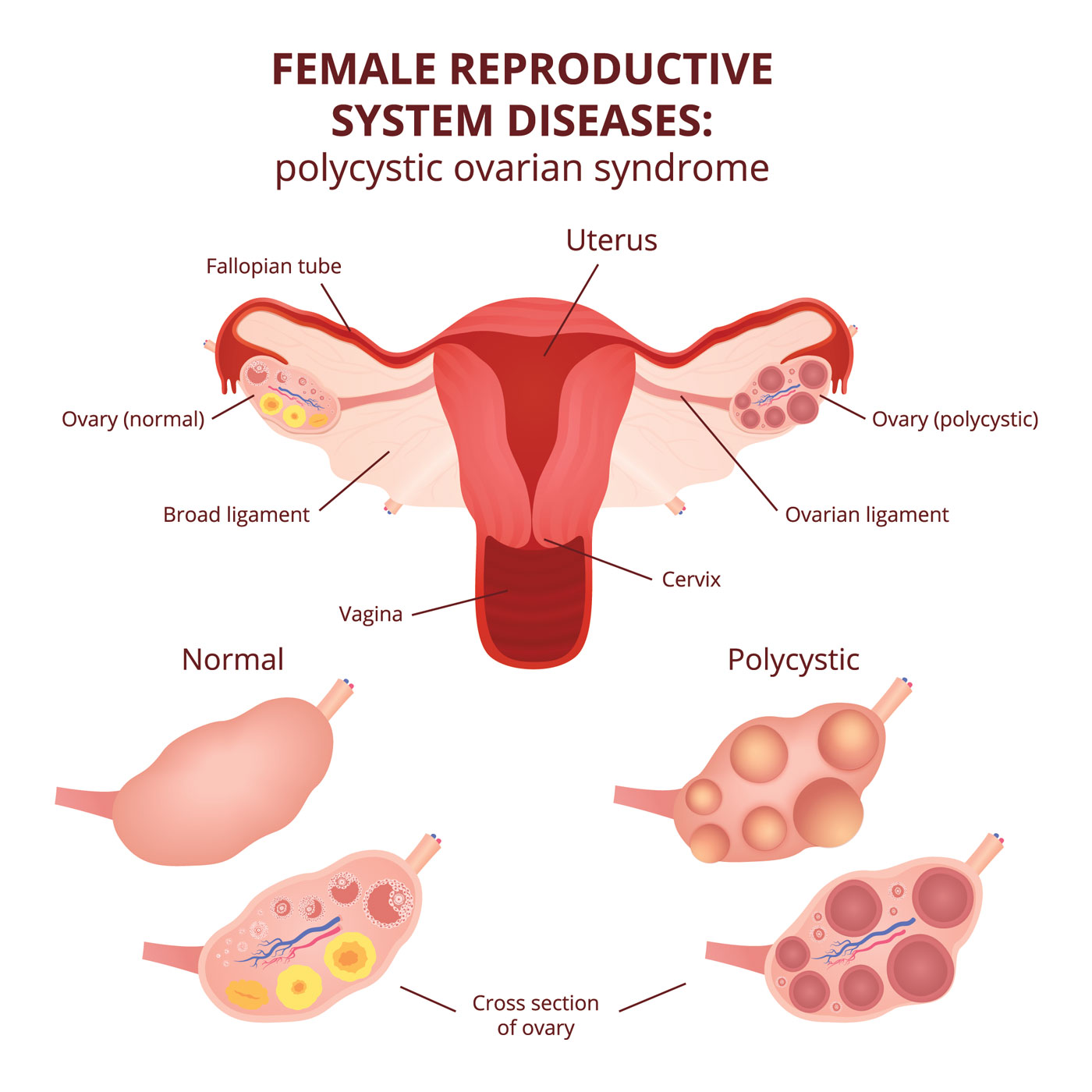do polycystic ovaries cause infertility Mohak infertility center: what is polycystic ovary syndrome?
Polycystic Ovary Syndrome (PCOS) affects millions of women worldwide and can have a profound impact on their overall health and well-being. In this post, we will explore the causes, signs, and symptoms of PCOS, shedding light on this often misunderstood condition. Let’s dive straight into it!
What is Polycystic Ovary Syndrome (PCOS)?
PCOS is a hormonal disorder that affects women of reproductive age. It is characterized by the presence of multiple cysts on the ovaries, which are small, fluid-filled sacs. These cysts are formed when the eggs that mature in the ovaries are not released, leading to the formation of follicles that become cysts over time. As a result, the ovaries may enlarge and cause hormonal imbalances in the body.
Causes of PCOS
The exact cause of PCOS is still unknown, but researchers have identified several factors that may contribute to the development of the condition. These include:
- Genetic predisposition
- Insulin resistance
- Excessive production of androgens (male hormones)
While these factors play a role in PCOS, it is important to note that each case is unique, and the exact cause may vary from person to person.
Signs and Symptoms of PCOS
PCOS can manifest in a variety of ways, and the severity of symptoms may differ from person to person. Some common signs and symptoms of PCOS include:
- Irregular or absent menstrual periods
- Excessive hair growth on the face, chest, or other parts of the body
- Acne or oily skin
- Weight gain or difficulty losing weight
- Thinning hair or hair loss on the scalp
These symptoms can be both physical and emotional, and they can significantly impact a woman’s quality of life. Seeking medical advice and proper diagnosis is crucial for managing PCOS effectively.
Managing PCOS
While PCOS is a lifelong condition, there are various strategies to help manage its symptoms and reduce the impact on daily life. Here are a few recommendations:
- Maintain a healthy lifestyle: Regular exercise and a well-balanced diet can help improve insulin resistance and manage weight, two factors closely associated with PCOS.
- Medication: In some cases, hormonal birth control or other medications may be prescribed to regulate menstrual cycles and control excessive hair growth.
- Stress management: Stress can worsen PCOS symptoms, so finding healthy ways to manage stress, such as practicing yoga or mindfulness, can be beneficial.
Conclusion
In conclusion, PCOS is a complex condition that requires understanding and support. By familiarizing ourselves with the causes, signs, and symptoms of PCOS, we can contribute to creating a more inclusive and empathetic society for women affected by this disorder. If you suspect you may have PCOS, it is essential to consult with a healthcare professional to receive an accurate diagnosis and develop a personalized treatment plan. Remember, you are not alone, and there are resources available to help you navigate this journey.
 Understanding PCOS: A Closer Look
Understanding PCOS: A Closer Look
This image provides a visual representation of the complexities of PCOS. It visually represents the ovaries with multiple cysts, symbolizing the hallmark of the condition. Seeing the ovaries affected by PCOS emphasizes the importance of raising awareness and promoting education surrounding this syndrome.
 Weight Loss and PCOS: Finding Balance
Weight Loss and PCOS: Finding Balance
This image highlights the relationship between weight loss and managing PCOS symptoms. It serves as a reminder that making healthy lifestyle choices, such as weight loss, can positively impact the management of PCOS symptoms, resulting in a better quality of life.
Remember, PCOS is a multifaceted condition that affects many women worldwide. By raising awareness, providing support, and staying informed, we can create a more inclusive society for those impacted by PCOS. Together, let’s empower women and break the stereotypes surrounding this complex hormonal disorder.
If you are searching about PCOS (Polycystic Ovary Syndrome) and Getting Pregnant you’ve visit to the right page. We have 5 Images about PCOS (Polycystic Ovary Syndrome) and Getting Pregnant like Heal(th) 🍎💪💫 | Loss Weight helps reduce your PCOS SYMPTOMS #PCOS #, September is Polycystic Ovary Syndrome (PCOS) awareness month and also PCOS (Polycystic Ovary Syndrome) and Getting Pregnant. Here it is:
PCOS (Polycystic Ovary Syndrome) And Getting Pregnant
 www.myfertilityfocus.compolycystic syndrome ovary pregnant getting pcos ovaries
www.myfertilityfocus.compolycystic syndrome ovary pregnant getting pcos ovaries
Polycystic Ovary Syndrome (PCOS): Causes, Signs, And Symptoms
 blog.labtestingapi.compolycystic ovary syndrome pcos symptoms
blog.labtestingapi.compolycystic ovary syndrome pcos symptoms
September Is Polycystic Ovary Syndrome (PCOS) Awareness Month
 www.hartfertility.compolycystic ovary syndrome pcos pcod diet plan ovarian prostate ovaries cyst female uterus indian reproductive system metabolic much weight loss
www.hartfertility.compolycystic ovary syndrome pcos pcod diet plan ovarian prostate ovaries cyst female uterus indian reproductive system metabolic much weight loss
Mohak Infertility Center: What Is Polycystic Ovary Syndrome?
 mohakivf.blogspot.compcos polycystic ovary pcod ovaries infertility cysts jyoti dietitian androgen diagnosed
mohakivf.blogspot.compcos polycystic ovary pcod ovaries infertility cysts jyoti dietitian androgen diagnosed
Heal(th) 🍎💪💫 | Loss Weight Helps Reduce Your PCOS SYMPTOMS #PCOS #
 www.pinterest.compcos symptoms polycystic ovary ovarian pcod infertility cyst ovaries cysts diagnosis reduce healthvision ang acne periods menstrual womenfitnessmag hirsutism insulin
www.pinterest.compcos symptoms polycystic ovary ovarian pcod infertility cyst ovaries cysts diagnosis reduce healthvision ang acne periods menstrual womenfitnessmag hirsutism insulin
Pcos (polycystic ovary syndrome) and getting pregnant. Polycystic ovary syndrome (pcos): causes, signs, and symptoms. Polycystic ovary syndrome pcos pcod diet plan ovarian prostate ovaries cyst female uterus indian reproductive system metabolic much weight loss